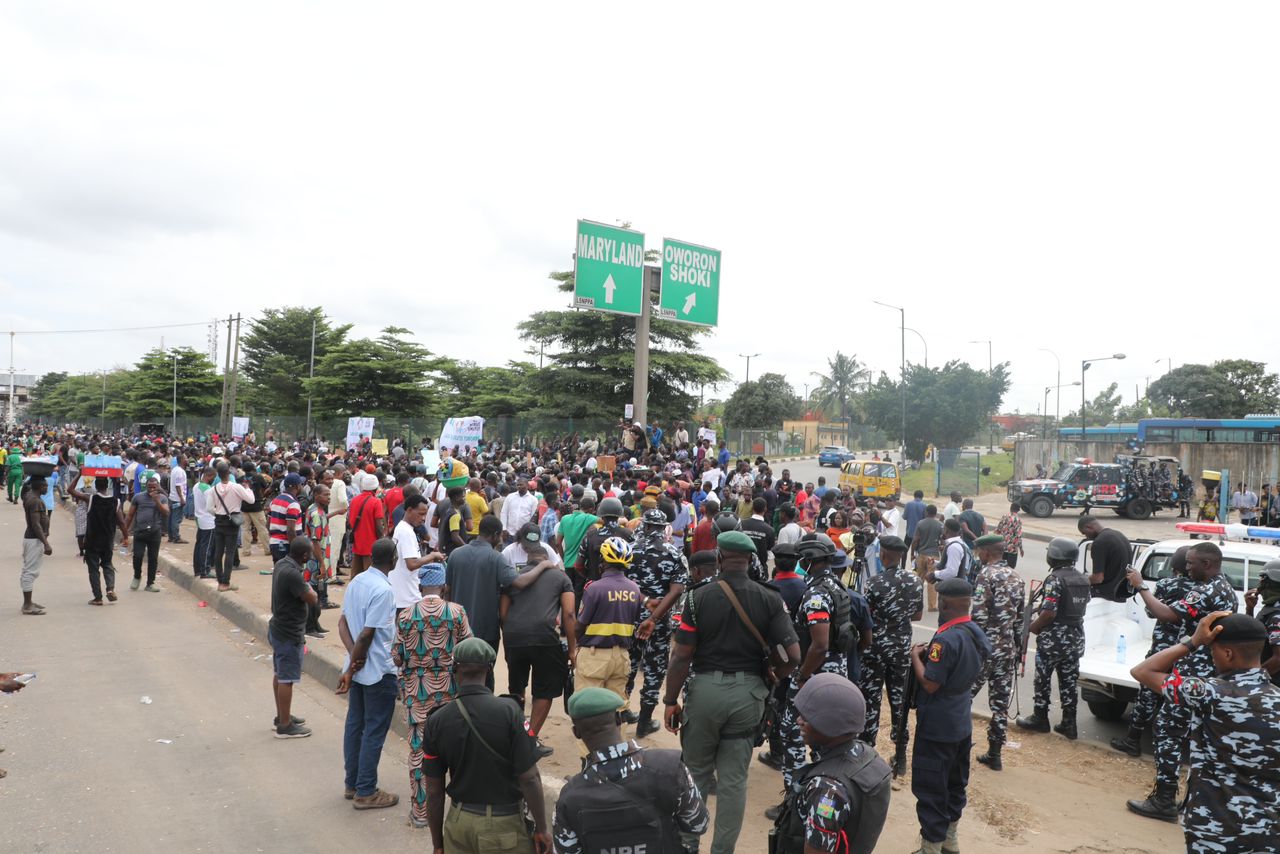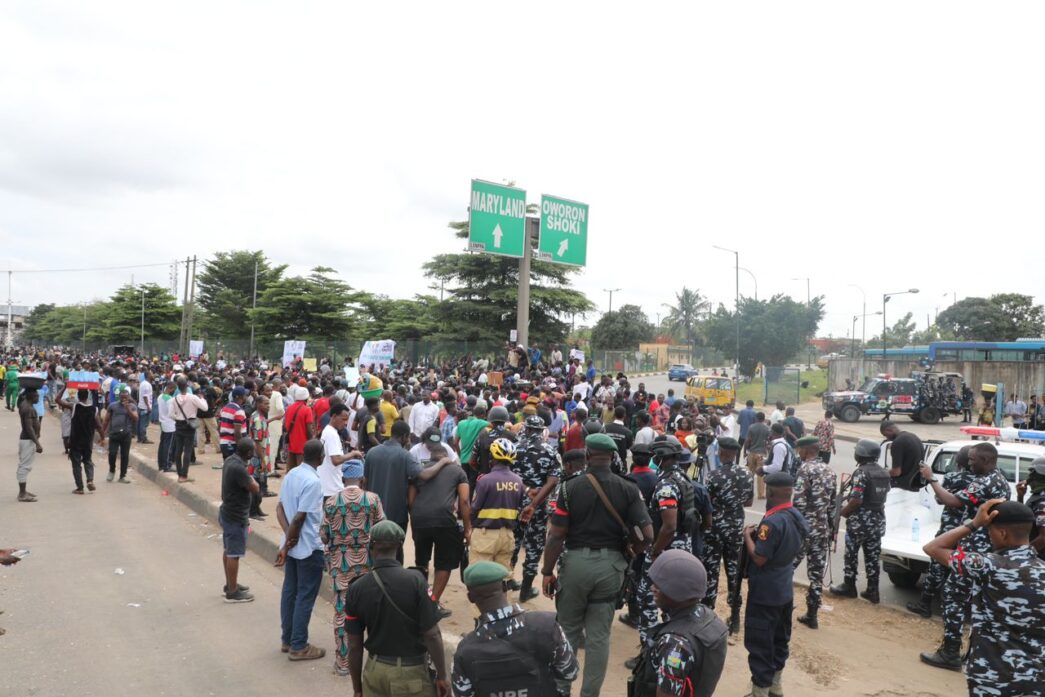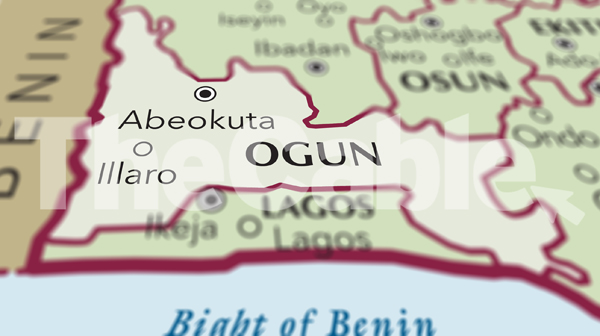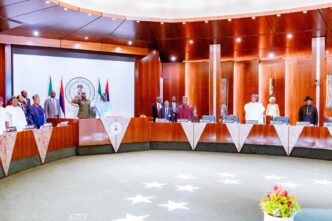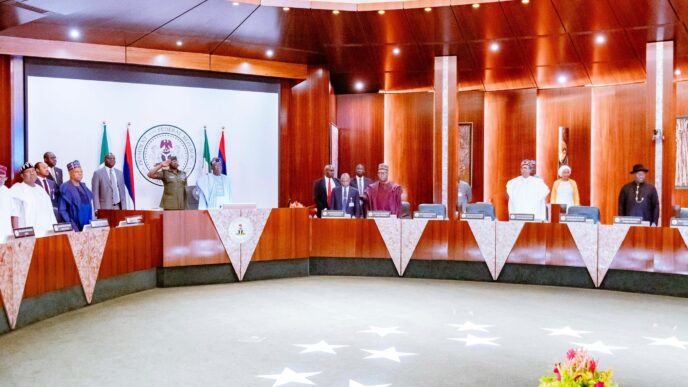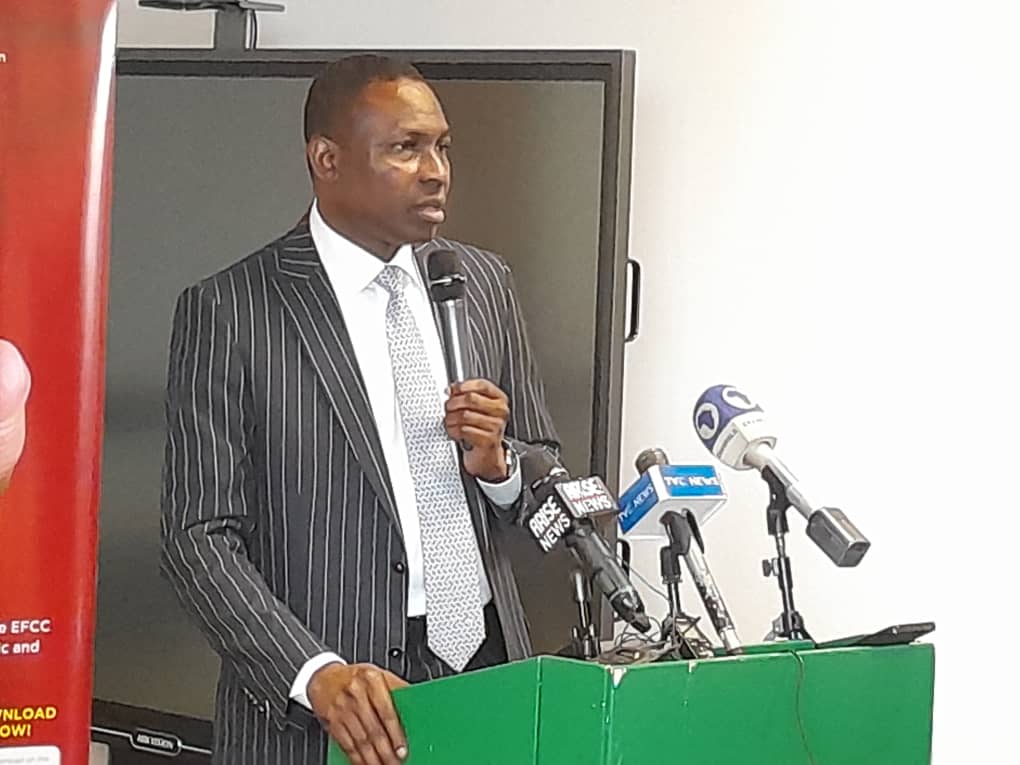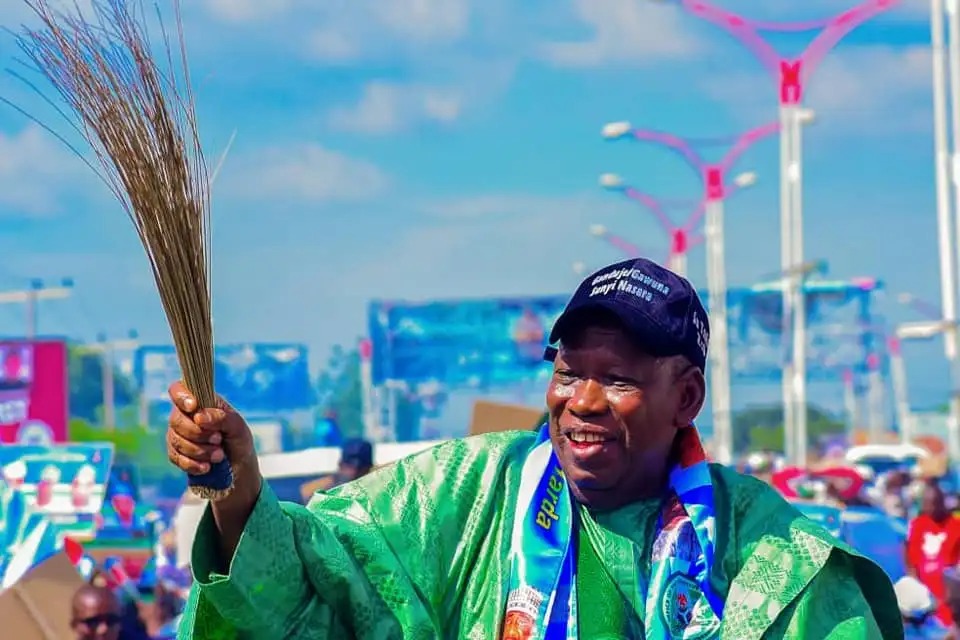The protests at the start of this month reached intense levels, particularly in the northern regions of Nigeria, with various reports implying that up to 30 lives were lost, with the North bearing the brunt of the violence. In some instances, the demonstrations took on a destructive tone, with protesters targeting the homes and properties of political figures. In Zamfara, crowds converged on the residence of the former governor, Bello Matawalle, attempting to breach the property in a display of public outrage. The home of a prominent Senator in the region did not escape unscathed, with valuable possessions destroyed and vehicles damaged beyond repair. The wave of discontent also reached Yobe State, where demonstrators vented their frustrations on the property of a member of the House of Representatives, accusing the politician of neglecting constituent needs.
Even revered past rulers were not spared. Protesters gathered near the home of former President Muhammadu Buhari. In states like Borno, Kaduna, Kano, and Katsina, some protesters resorted to waving Russian flags—a provocative gesture that seems disconnected from the realities of Nigeria’s political landscape.
Human rights organisations have raised alarms about the authorities’ response to these demonstrations. Amnesty International reported that security forces were responsible for at least 13 fatalities across various northern states, including Niger, Borno, and Kaduna. This heavy-handed approach has only fueled the flames of discontent, pushing some protesters to more extreme measures.
Yet, amid the chaos, one region stands apart.
Advertisement
Amid Nigeria’s national turmoil, a curious quiet prevails in the Southeast. While much of the country is loudly expressing discontent, the Igbo heartland remains unusually calm—if the consistent reports of kidnaps and violence can be considered “calm.”
This striking contrast between the tumultuous scenes across Nigeria and the calm of the Southeast raises pressing questions: Why have the Igbo chosen this path of abstention?
The Igbo people have long faced institutional hostility—a legacy that continues to shape our political decisions. From the aftermath of the Nigerian Civil War to more recent events, such as discriminatory statements from high-ranking officials and perceived unfairness in the 2023 presidential election, the Igbo have cultivated a deep-seated distrust of the Nigerian political establishment.
Advertisement
This historical backdrop informs the Igbos’ current stance of strategic caution. By abstaining from the protests, we aim to avoid becoming scapegoats for any potential fallout. There is a collective memory of past instances where we were targeted for reprisals in situations where we had no hand. This has led to a calculated decision to let other ethnic groups take the lead in these protests, thus avoiding accusations of trying to destabilise the government or pushing a separatist agenda—charges that have been levelled against ndi Igbo in the past.
However, this abstention comes at a cost. While it shields the Igbo community from potential backlash, it risks diminishing our influence in national discourse and decision-making processes. The challenge now is to find a balance between self-preservation and proactive engagement.
A strategic shift towards improving governance within the Southeast itself could offer a solution.
The region faces significant development challenges that demand attention. According to the National Bureau of Statistics, the Southeast has the highest unemployment rate in Nigeria at 31.6%, compared to the national average of 27.1%. This shows up in the plenty of idle hands available to wreak violence on their fellow Igbo in an ill-defined secessionist agitation. The region also lags in infrastructure development, with only 56% of households having access to electricity, compared to the national average of 69%.
Advertisement
The Igbo can address these pressing issues by redirecting our energies towards regional development and governance while maintaining a spirit of activism. This inward focus, aku luo ulo, if you will, could manifest in several ways, including but not limited to: launching campaigns to increase political participation and accountability in local and state elections; creating watchdog groups to monitor the performance of elected officials and government agencies in the Southeast; developing economic initiatives to promote local industries and reduce the region’s high unemployment rate; investing in infrastructure projects to improve the region’s electricity access and overall development; and implementing education and skill development programmes to address the root causes of unemployment and underemployment.
These efforts would improve the quality of life in the Southeast and strengthen the Igbo position in national politics by demonstrating our capacity for effective self-governance. By spearheading regional development and showcasing effective governance, the Southeast could redefine its role in Nigeria’s future—not through protests but through decisive, transformative action.
The Southeast’s silence in the face of national protests is a calculated response to a complex political landscape. However, this silence need not equate to inaction. The Igbo can chart a course that balances self-preservation with progress by focusing on regional development and governance.
While streets across the country erupt in protest, the Southeast’s calm could be a springboard for meaningful, localised change. This strategic redirection of energy towards regional development could ultimately contribute to Nigeria’s progress in a unique and impactful way.
Advertisement
The path forward for the Igbo lies in leading by example within our own region. By fostering good governance, transparency, and economic development in the Southeast, we can make a powerful statement without risking the backlash that might come from direct participation in national protests.
In conclusion, the Southeast’s quietude amidst national turmoil need not be a function of fatigue, disillusionment, or apathy but a deliberate choice rooted in historical experience and strategic foresight. By channelling our efforts into regional development, the Igbo people have an opportunity to address critical issues while potentially influencing national discourse through action rather than protest.
Advertisement
This approach may yet prove to be our most effective form of activism, contributing to Nigeria’s progress in our own distinct manner.
Nwanze is a partner at SBM Intelligence
Advertisement
Views expressed by contributors are strictly personal and not of TheCable.
Add a comment

